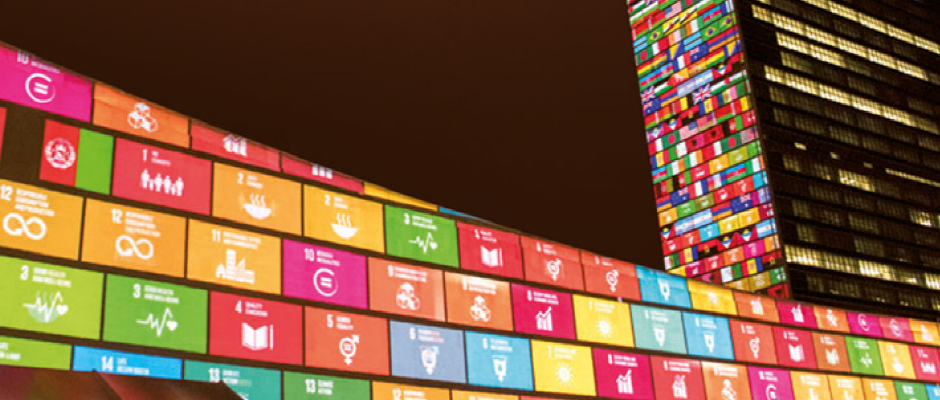
Published every three years, United Cities and Local Government’s Global Observatory on Local Democracy and Decentralization (GOLD) reports are an important part of UCLG’s quest to become an international reference point for information about local and regional governments, local democracy and decentralization worldwide. Since the publication of its first edition in 2008, GOLD has become an international benchmark in the analysis of local and regional governments worldwide.
The sixth edition of the GOLD report was jointly produced by UCLG and KNOW (Knowledge in Action for Urban Equality) and launched during the UCLG World Congress, which took place in Daejeon (South Korea), in October 2022. The report was published under the title “Pathways to Urban and Territorial Equality: Addressing inequalities through local transformation strategies”.
The aim of the GOLD VI report is to understand the state of urban and territorial inequalities worldwide and call for a step change in local and regional governments’ place in tackling this global challenge. It analyzes evidence of and articulate possible responses to the multiple manifestations of inequalities, focusing especially on their territorial dimension, and the opportunities for local and regional governments to take practical and where possible collective action against those inequalities.
GOLD VI is organized through a series of chapters that present pathways that local governments, in collaboration with other actors, are taking to advance towards equality: Commoning, Caring, Connecting, Renaturing, Prospering and Democratizing. The report concludes in a discussion of some of the challenges to mobilize transformative change at scale and the presentation of final recommendations. Through the lens that each of these chapters offers, a diversity of themes are addressed, such as issues related to informality, housing, land, basic services, education, urban health, migration, violence and discrimination, food security, sustainable transport, digital connectivity, decent livelihoods, resilience, energy transition, decarbonization, culture, finance, regional inequalities, all within a framework of political participation and accountability.
The new GOLD VI Report uses a methodology that involves direct engagement with over a hundred local and regional governments, civil society organizations and experts from around the world. As such, GOLD will not only be about producing an output, but about facilitating a rich process—supporting and strengthening multi-stakeholder dialogues and ensuring the participation and involvement of UCLG members.
Two of the outcomes of this large-scale international coproduction process are the GOLD VI Working Paper Series and the Pathways to Equality Cases Repository.
- The GOLD VI Working Paper Series collects the 22 Issue-Based Contributions (IBCs) that were produced as part of the GOLD VI process. The IBCs have a thematic approach and give account of one specific dimension of inequalities and how it is experienced and tackled by LRGs, civil society and other stakeholders around the world.
- The Pathways to Equality Cases Repository collects the 66 Case-Based Contributions (CBCs) that also enriched the GOLD VI process. The CBCs focus on one or several concrete practices implemented by cities, regions and communities in specific territories to tackle urban and territorial inequalities.
The chapters and pathways of the GOLD VI Report draw directly on the wealth of knowledge and experience included in these contributions.
Read the full GOLD VI report, as well as its working papers and case repositories on UCLG’s GOLD VI website.



